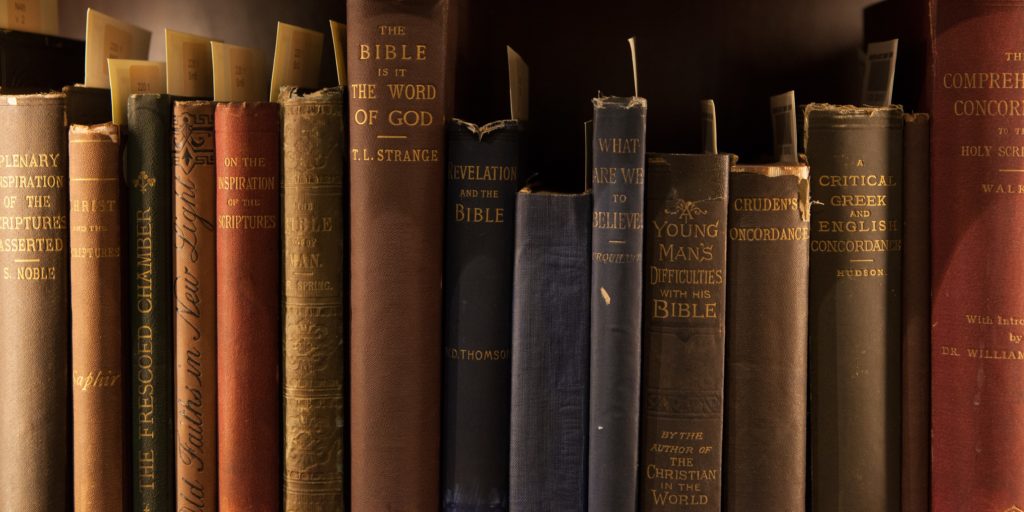
The following lecture was given to faculty and students attending the Midwestern Seminary United Kingdom Study Tour during the Summer of 2018. The Artillery Street Evangelical Church in Colchester is the meeting house in which C. H. Spurgeon underwent his conversion and remains a congregation focused on proclaiming the same gospel message now as it was then.
When thinking how best to assess and categorize the life of Charles Haddon Spurgeon (1834-1892), a phrase used by the Apostle Paul in 2 Corinthians 11:3 comes to mind. For the totality of his life as a Christian, Spurgeon had “a sincere and pure devotion to Christ.” His sight was set on Jesus Christ from the moment he “looked” to him in his conversion.
Spurgeon was born June 19, 1834 in Kelvedon, a village just down the road, southwest from Colchester. He was the oldest of 17 children, and his father was an Independent minister who regularly traveled. Thus, from age one to five, Spurgeon lived with his grandparents in Stambourne, another village located to northwest of Colchester.
Spurgeon remained close to his grandparents and his grandfather, also an Independent minister, had a study in his home filled with books. Among those books, Spurgeon discovered Foxe’s Book of Martyrs, the works of the English Puritans, and, a lifelong favorite, Bunyan’s Pilgrim’s Progress.
Reading is what Spurgeon did as young boy. When others were outside, Spurgeon was always with books.
This relationship with written words found reinforcement at home. Spurgeon’s mother regularly gathered the children on Sunday evenings to explain Scripture, read aloud books, and pray. In his Autobiography, Spurgeon recounts:
Yet I cannot tell how much I owe to the solemn words of my good mother. It was the custom, on Sunday evenings, while we were yet little children, for her to stay at home with us, and then we sat round the table, and read verse by verse, and she explained the Scripture to us. After that was done, then came the time of pleading; there was a little piece of Alleine’s Alarm, or of Baxter’s Call to the Unconverted, and this was read with pointed observations made to each of us as we sat round the table; and the question was asked, how long it would be before we would think about our state, how long before we would seek the Lord.[1]
Often Spurgeon’s mother would pray: “Now, Lord, if my children go on in their sins, it will not be from ignorance that they perish, and my soul must bear a swift witness against them at the day of judgment if they lay not hold of Christ.”[2] This thought of his mother standing against him was unbearable and caused him to seek the Lord.
Click here to continue reading “The Conversion of C. H. Spurgeon: A Lecture” in the Fall 2018 issue of the Midwestern Journal of Theology: https://www.mbts.edu/downloads/journal/FA18MJT_Final_web.pdf
[1] Autobiography, 1:68.
[2] Ibid.
[3] This lecture was aided by the research of students studying Spurgeon at Midwestern Baptist Theological Seminary and the Spurgeon Library: Phillip Ort, Brandon Rhea, and Nathan Rose. For more information on the Spurgeon Library.
Jason G. Duesing serves as Provost and Associate Professor of Historical Theology at Midwestern Seminary and Spurgeon College. He is currently the General Editor of The Lost Sermons of C. H. Spurgeon project and interim curator of The Spurgeon Library.
